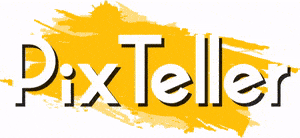How to Design a Stunning Logo for Your New Brand in Minutes?
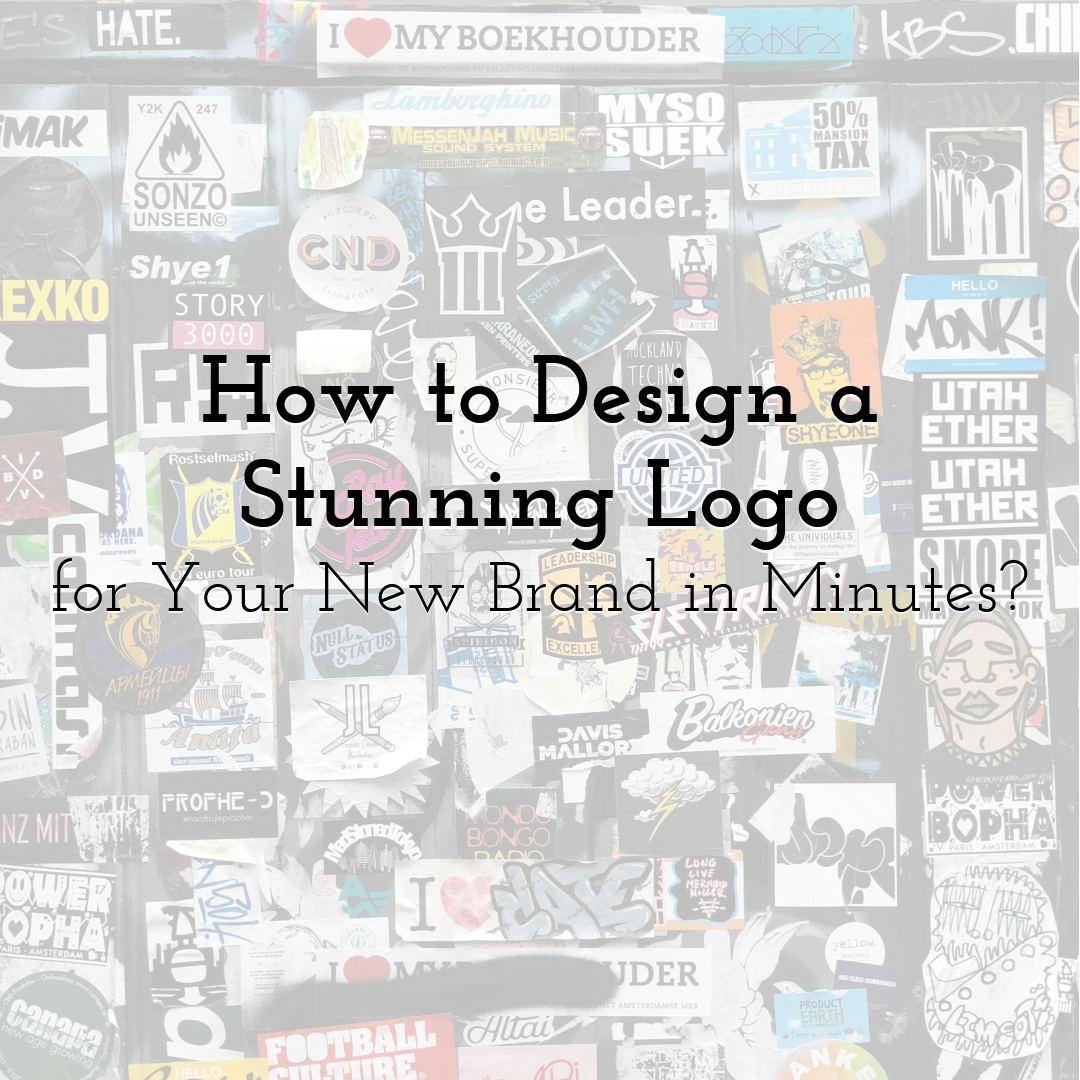
A logo is the first thing people see when they interact with your brand.
Even though it is just a symbol or a graphic, it does a lot: it represents your business, conveys your brand identity, & sticks in people’s memory.
The good news?
Anyone, even someone without outstanding design skills, can create a catchy logo if they follow the right steps.
If you follow some tips & stay focused, you can create a logo that represents your brand well.
Well, stick around this article because we are going to guide you through the process of designing a logo in the simplest way possible.
8 Proven Steps to Craft a Top-Quality Logo for Your New Brand
1. Start with Your Brand Story
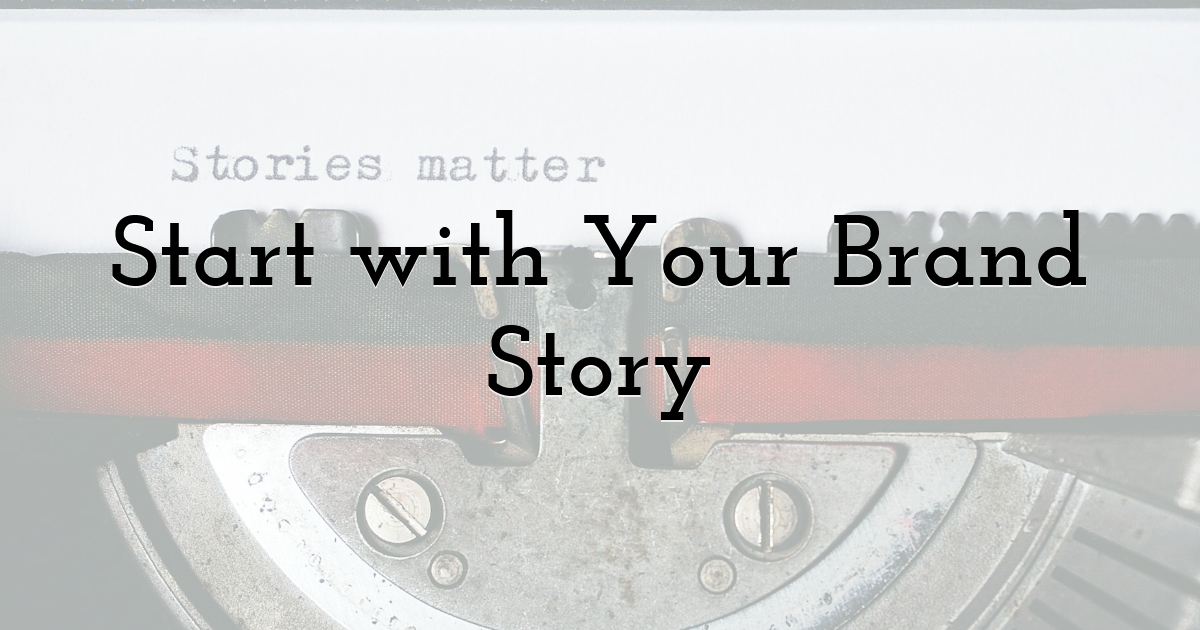
Before you even touch a design tool, hit pause. Think about your brand. What makes it tick?
What’s its personality? Is your tone playful or serious? Bold or soft? Fast-moving or calm?
Ask yourself: If your brand were a person, how would it behave?
Grab a piece of paper & jot down three words that describe your business.
These words will act like your design compass. Keep them close. Every shape, color, or font you pick should reflect those words.
Also, think about who you’re talking to. Your audience shapes your design more than you realize.
A tech-savvy teenager will connect with a logo that feels totally different from what would appeal to a middle-aged legal professional.
Always design with your audience in mind.
Don’t jump into making a logo right away. Take some time to think.
- • What does your new business represent?
- • What drives your brand?
- • What’s its main focus or purpose?
- • Who will see & connect with your logo?
- • Is your tone playful or serious? Bold or soft? Fast-moving or calm?
Now, imagine your brand as a human. What would its personality be like?
The answer helps make the brand feel more real & relatable.
Write down three adjectives that best describe your brand.
For example, creative, modern, & trustworthy. These three words will help guide your design decisions.
2. Keep It Simple
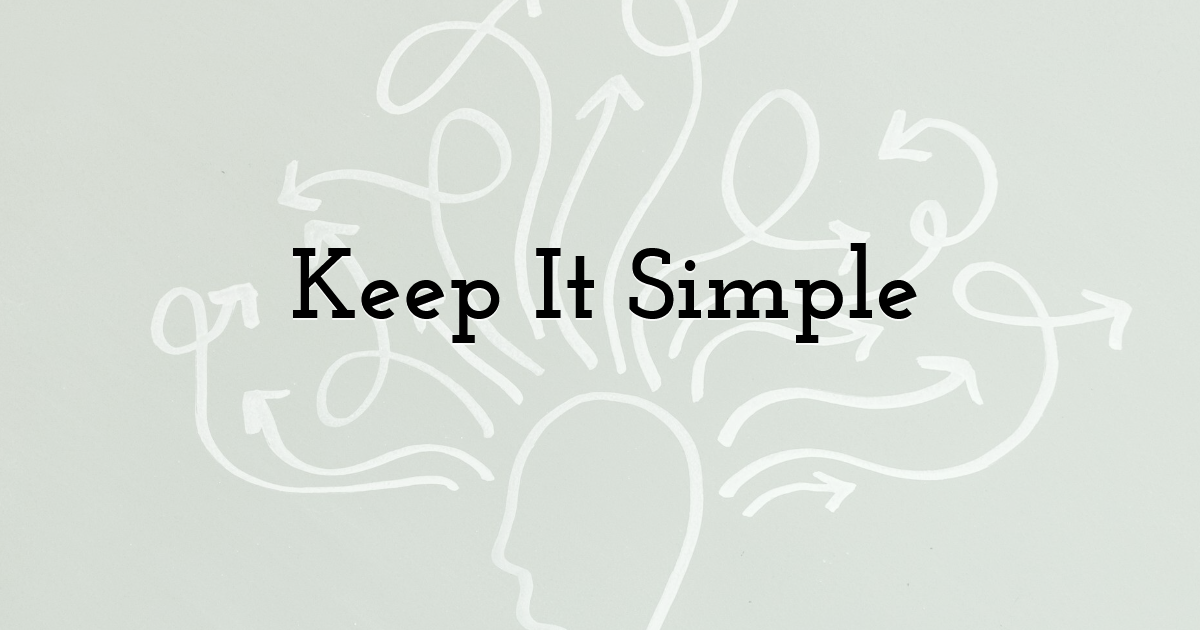
You’ve seen it yourself: the most iconic logos are often the simplest ones.
Nike. Apple. McDonald’s.
They all use clean, uncomplicated visuals. You don’t need to reinvent the wheel. Complexity in logos often causes confusion.
A design that looks busy on screen might lose all its charm when scaled down on a business card.
Avoid these pitfalls:
- • Too many elements competing for attention
- • Tiny details that vanish in small sizes
- • Complicated symbols that confuse instead of clarify
Aim for clarity. If someone sees your logo once, they should be able to recall it later.
That’s the test.
The best & most memorable logos are usually very simple in design.
Agree?
If not, think of Nike, Apple, & McDonald’s. These are examples of famous simple logos.
These brands don't use messy or overly detailed designs; their logos are clear & easy to understand.
With that in mind, you don’t need to create something complicated. If your logo is too detailed or complex, people might not understand it easily.
What looks okay in a big format (like on a screen) might not look good when it's made smaller, such as on a business card.
The design may become unclear or unreadable.
Your main goal should be a clear design.
If someone sees it once & can remember it later, your logo is doing its job.
3. Focus on the Color Choice
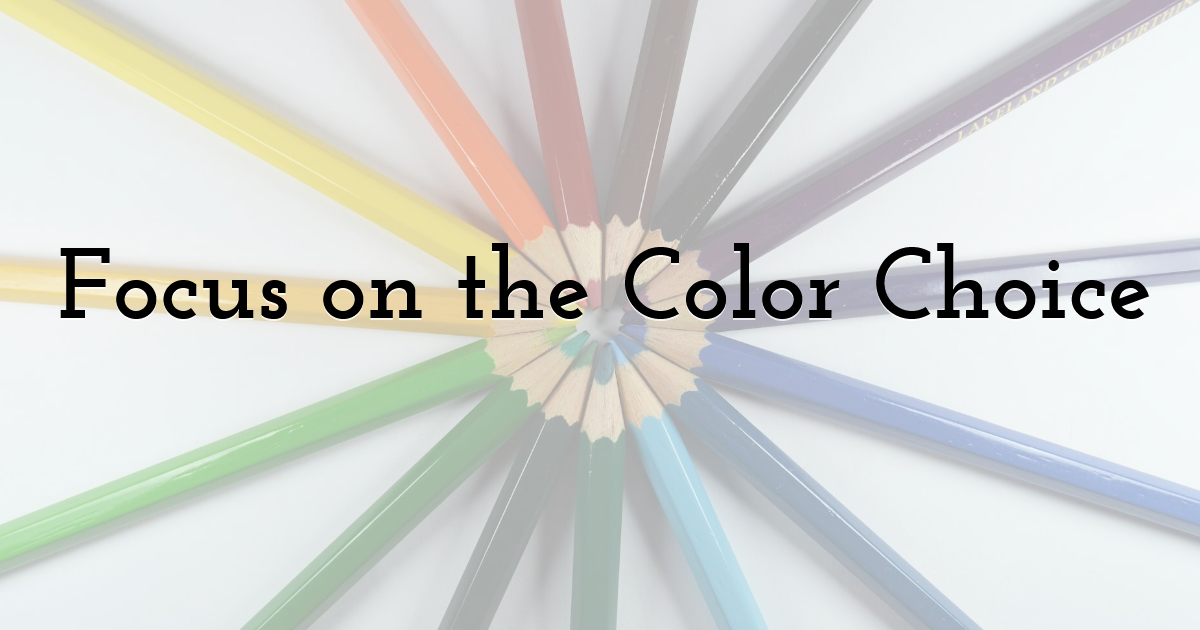
Color is powerful. It tells stories without words.
Different colors make people feel different things. For example, red is described as a color that shows energy, strength, & emotion.
Blue, on the other hand, is often used to give a sense of reliability & peace. Green brings to mind plants, health, & progress.
Use a small number of colors in a logo to keep it simple & laser-focused.
Using too many colors can make the design look unprofessional.
4. Select the Right Font
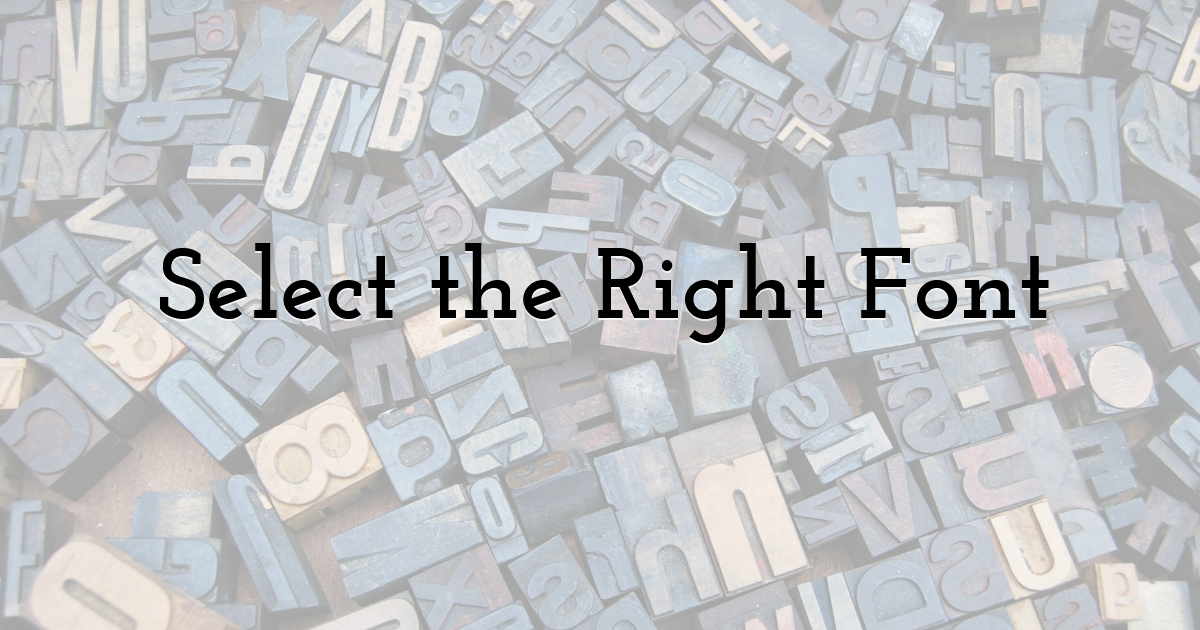
A poor font choice can ruin a premium-design logo.
Just like colors, fonts can also evoke different emotions. Serif fonts give an elegant, professional look.
On the contrary, Sans-serif fonts give a simpler, more minimalistic, & modern feel.
Want to know the most important rule when choosing a font?
Readability is the answer!
Even if a logo looks visually impressive, it doesn’t work if people can’t quickly read the text. A clear message matters more than decoration.
Choose a timeless font that still looks good after many years. It’ll save you from having to redesign your logo later.
Important Tip: Make sure your chosen font remains readable when it’s very small.
5. Focus on Scalability
A logo should look nice, but more importantly, it should function well across different uses & platforms.
Looks alone aren’t enough.
Logos appear in many formats & on various materials. So, it needs to work on both very small (like business cards) & very large (like billboards) surfaces. Therefore, your logo should be flexible.
Use vector file types (like SVG or Adobe Illustrator’s AI files) to design your logo. Vector graphics don’t lose quality when resized; they stay crisp, whether small or large.
And if you create a logo as a pixel image (like a JPEG), it may become blurry or pixelated when enlarged. That’s why vector formats are better for logos.
6. Try an AI Logo Generator for Quick Results
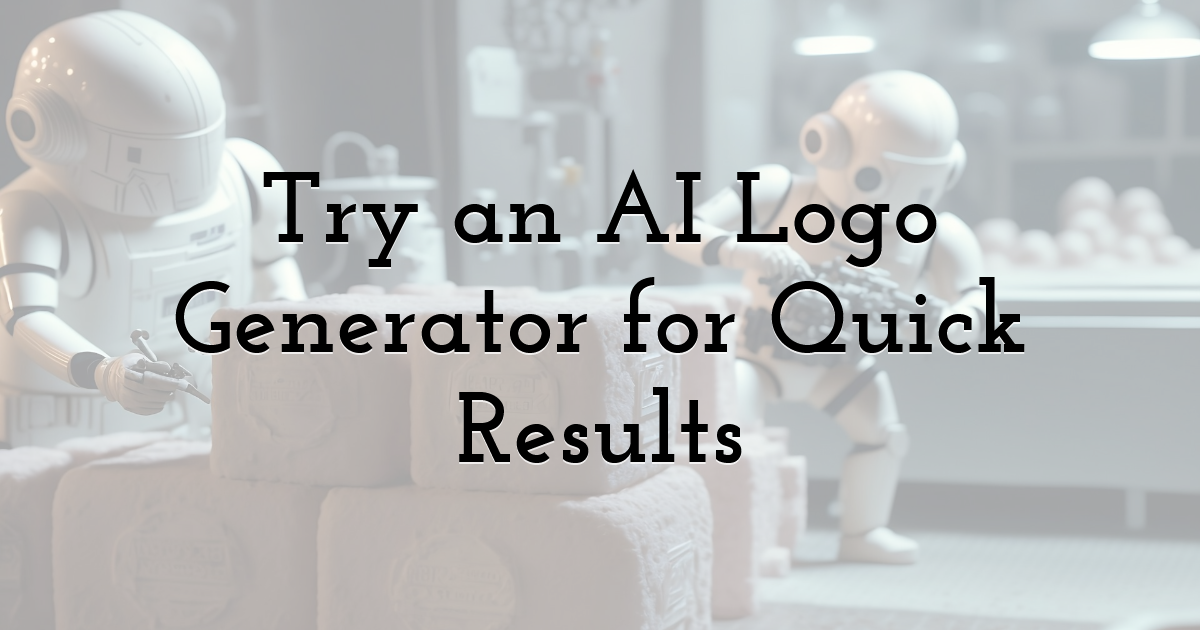
Artificial Intelligence (AI) can help in the logo design process. With the passage of time, AI tools have improved a lot.
They are easy to use & quick.
Even people with no design experience can use these tools to start creating a logo.
All you need to do is find a good AI logo generator tool, give it the basic information about your business & preferences, & it will create different logo options in the shortest time possible.
The best part?
You can customize different things like the color, text style, icons, & layout to better fit your brand. This saves you a lot of time.
These AI tools give you the inspiration you need to kickstart the process.
7. Test the Logo
Don’t assume the design is perfect yet. Show your logo to others before you say it’s finished.
Get feedback from people who understand your business or are similar to your ideal customer.
Their opinions are most relevant. Avoid asking vague or basic questions. A simple yes/no answer won’t help you improve the design.
Ask these types of questions:
- • Does it look like it belongs to your type of business?
- • How does this logo make you feel?
- • Is your logo visually clear & readable?
The feedback might show you problems you didn’t notice & help you come up with improvements.
8. Protect Your Logo
Once you've spent time & energy designing your logo, you need to make sure no one else can steal or misuse it. It’s about safeguarding your work.
Register your logo legally as a trademark. This is especially important if your business is growing fast or has long-term goals. A trademark helps stop others from copying it.
The rules for trademarking vary by country or region. A legal professional can guide you through the correct process where you live.
Final Thoughts:
Creating a logo can be challenging at first, but it’s not as hard as it seems. You can make it manageable.
Follow the eight steps we mentioned above & make a winning logo that reflects your business & impresses people.
So, don’t wait. Take the first step today & craft a top-level logo.
Until next time, Be creative! - Pix'sTory
Recommended posts
-
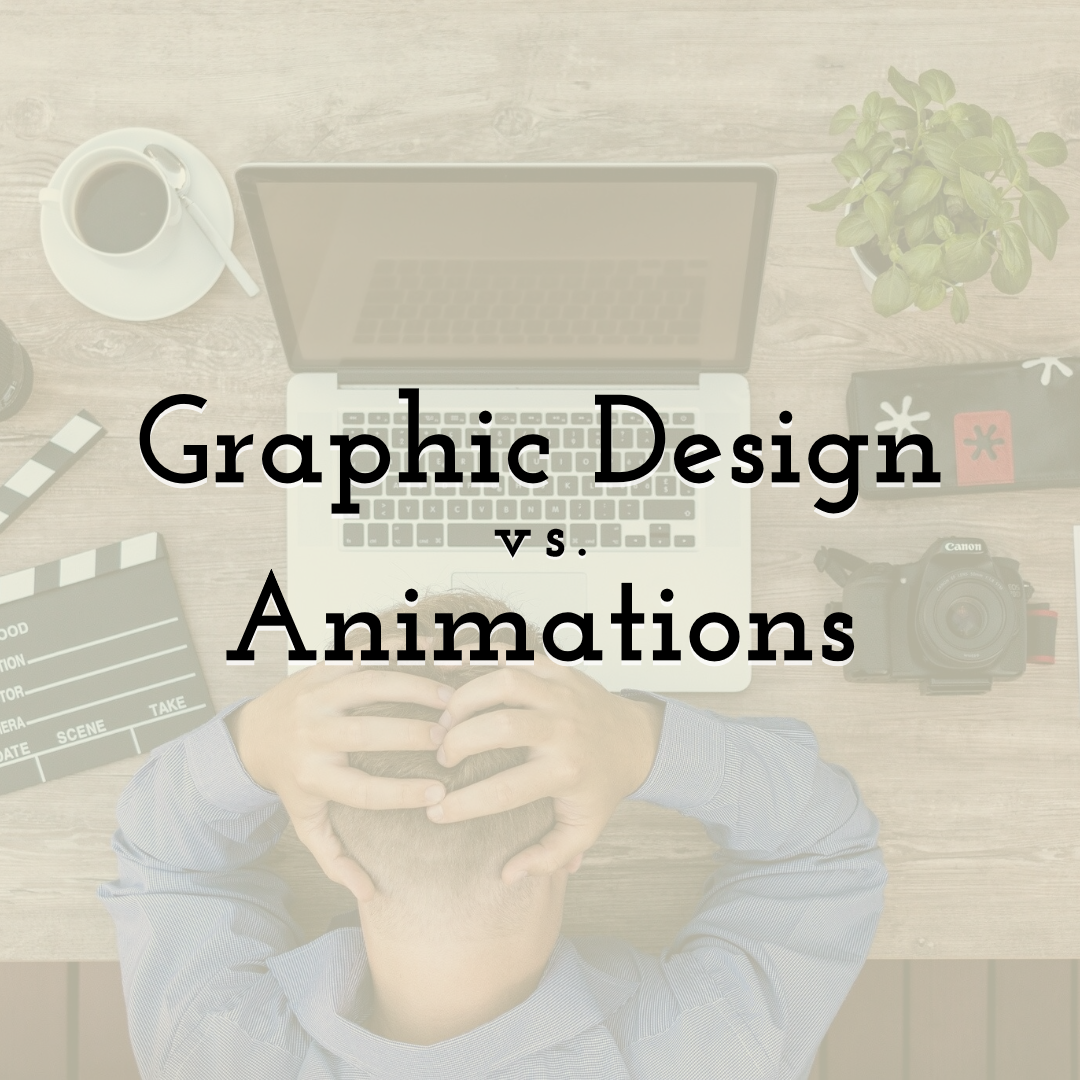
Graphic Design vs Animations for Effective SEO Strategy
Read More › -

Creating a Morning Routine While Working From Home
Read More › -

7 Free Tools to Master Video Editing
Read More › -

5 Graphic Design Trends Every Marketer Should Know in 2025
Read More › -
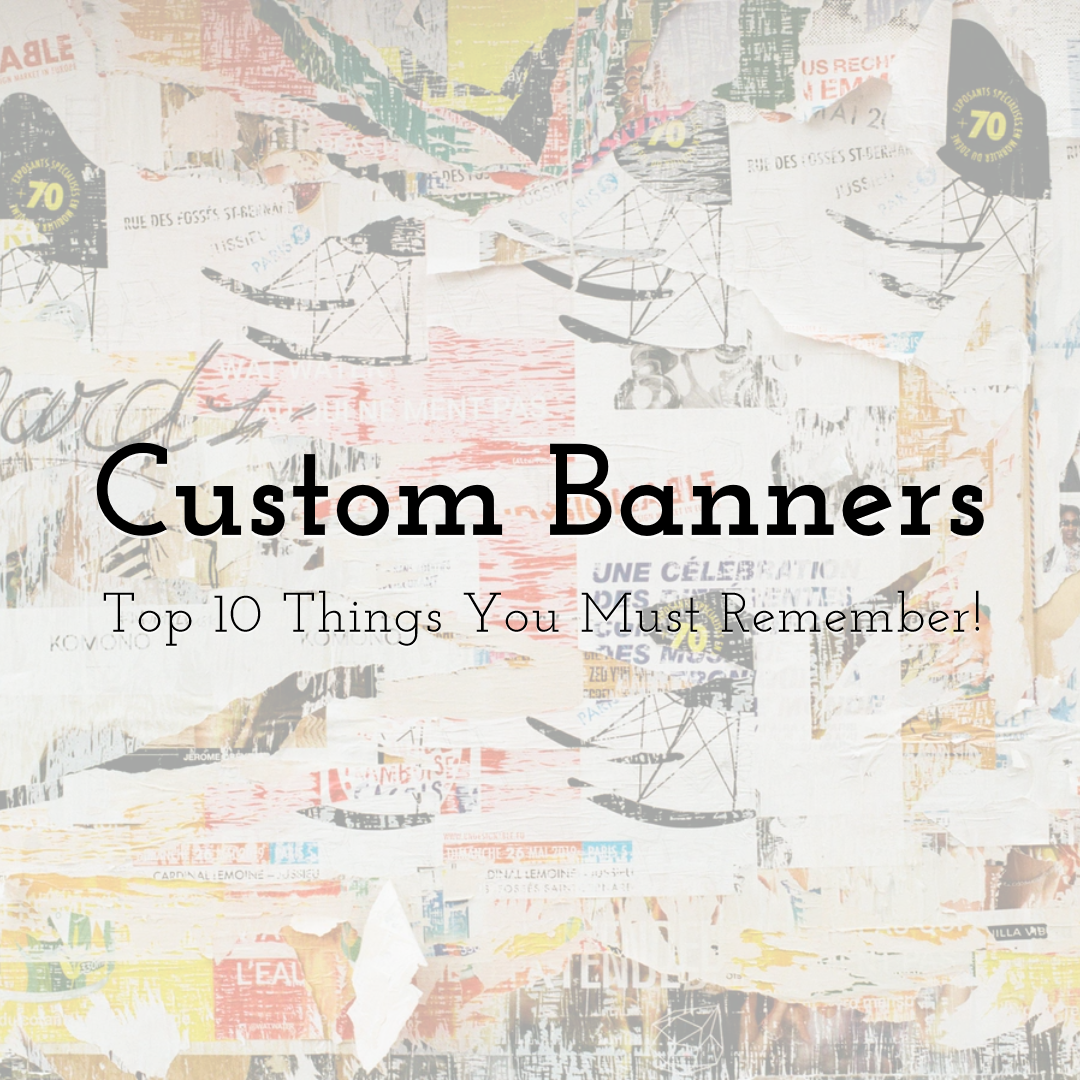
What are Custom Banners - Top 10 Things You Must Remember!
Read More › -

8 Productivity Tips to Help Get Your Business Off the Ground
Read More ›
